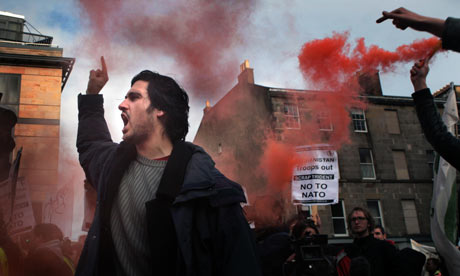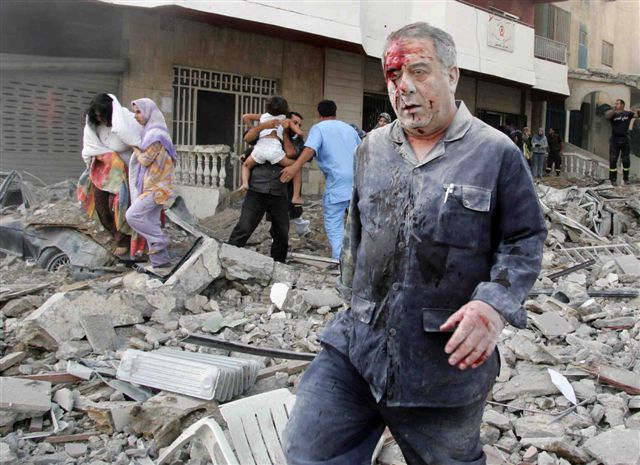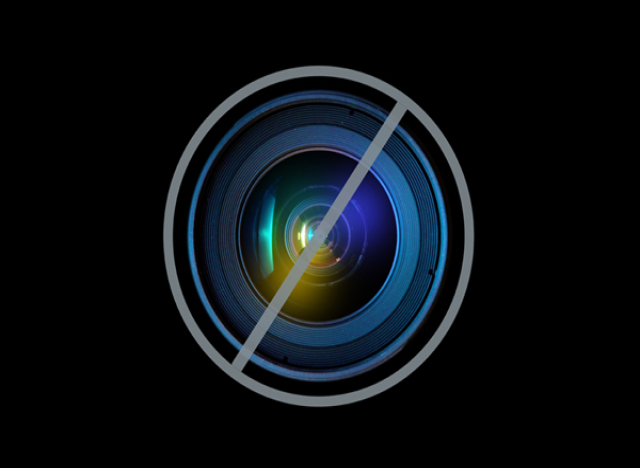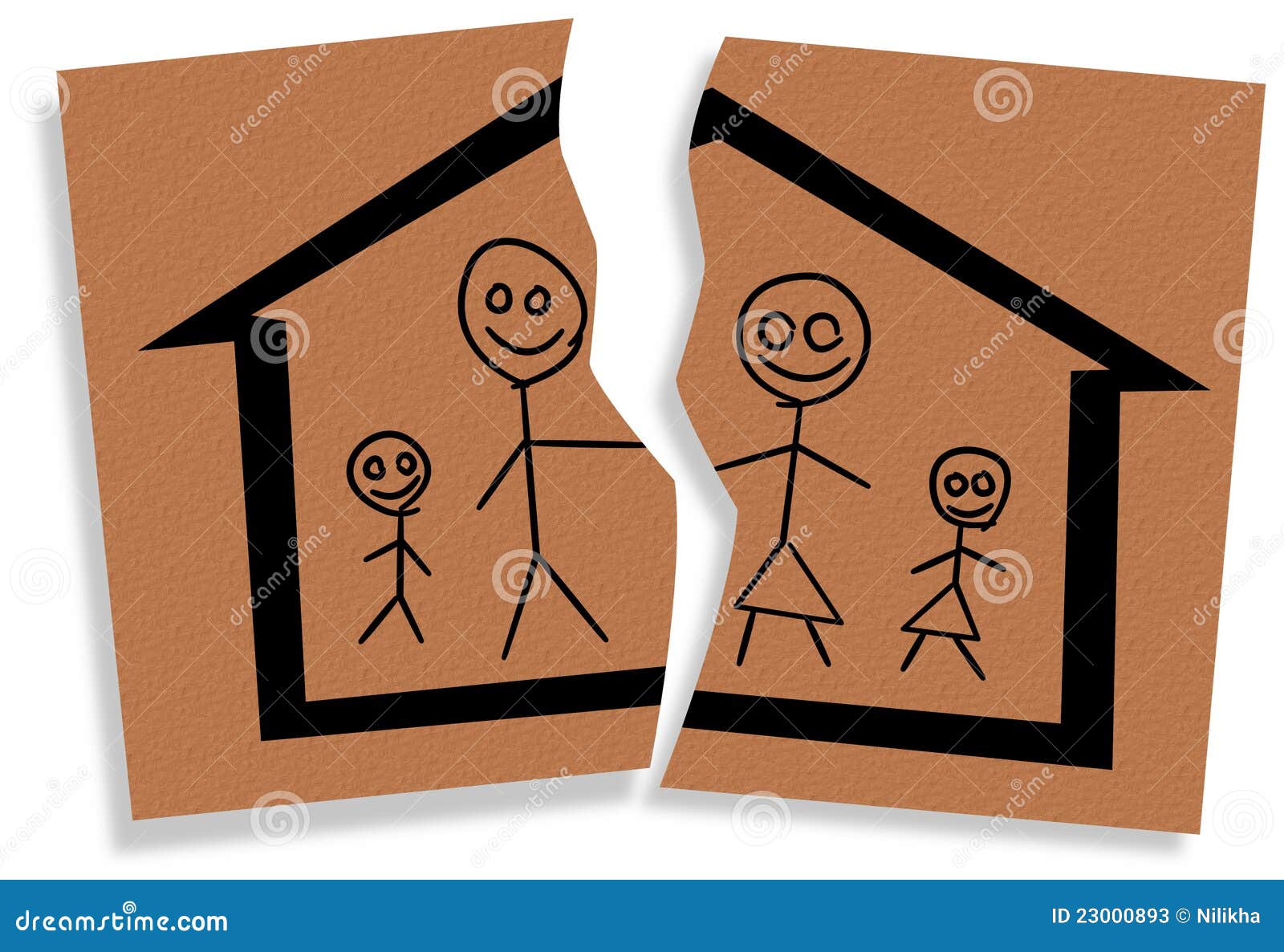Hubby and I finally managed to get our act together and have officially moved cities. After an eventful move that included our truck tipping over on the motorway and our car getting stolen, we arrived in one place, found jobs, bought a new car, and have got ourselves a house. All that is left is the final unpack, buying a kitten or two (because...KITTENS), and finally sitting in our own home with a nice cold glass of something and curling up into the foetal position until the next time someone
needs us.
I have moved many times before, including moving cities on four separate occasions, so I thought I knew how this all went, and wasn't too worried about anything going wrong.
Boy, was I wrong on that!
Everything that could possibly go wrong did. Though no one got hurt, the mental and emotional stress that we have been under is insane. Today, after we signed the contract for our house, both of us immediately felt exhausted. We had done it, but it had been a hard road.
God is good though, and through it all we have been blessed.
We have been blessed by the fact that we could stay with our parents and store our stuff for free in their garage while we sorted life out.
We have been blessed by the help we have received from family and friends in moving and through prayer and love.
We have been blessed that it really didn't take as long as we thought it would to get settled here.
Everyone, including ourselves, had predicted that it could take months to find jobs in a small town, and those jobs would probably pay a lot less than our jobs in the big smoke did. But this has not been the case. Both of us found jobs within a week of moving down and both jobs are at better pay than what we had previously!! In our minds this fact cemented that we are doing the right thing.
I am working now at a charitable trust for Maori. I process grants which help encourage the health and education of the local iwi/tribe. Though i may sit behind a desk, I find it very fulfilling knowing that I am helping a people that have had much work against them.
Hubby is working as a supervisor as the local Alternative Education centre. This is a centre for kids aged 13-15 who have effectively been expelled from the local high school and yet, by law, have to still be enrolled in school. They are all from rough backgrounds, most are related to gang members, and 95% of them are Maori. His job helps give my job even more meaning.
Needless to say, his work stories are far more interesting than mine, and far more heartbreaking.
He comes home with stories of drug use, abuse, crime, kids not having lunches, being picked up by the police, and getting in fights. They are hardened criminals, who also turn into excited little children when he teaches them ukulele.
I breaks my heart when he tells me these stories. I mean, these are little kids and yet he laughs if I offer to invite them round for dinner. My instinct is to mother them. Yet, if I did that, we could/would be targeted by gangs intent of burglary or other devious crimes. They are children on the outside, and yet their lives have taught them only violence and crime as survival instincts.
I feel hopeless when I think about this. The reality is that these children are going to grow up and be, whether willingly or forced, part of a gang system that will feed them nothing but hate and drugs. And there is nothing I can do about it, because I can't get involved. Even hubby has limits as to what he is allowed to do within his role.
So how do you help a kid who you can't give things to, who it isn't safe to bring back to your house, and who you know is vulnerable and needs love?
Does my safety trump bringing them home?
It messes with my mind when I try and bring my sacrificial faith face to face with the reality of what would happen. And I know what would happen. Hubby's mother works in the police down here and knows the families of these kids well. She knows what they would do. And it wouldn't be pretty.
So I pray, and I cry, and I physically ache for these kids. And I try my best at a workplace that would try and change the inevitable for these families. But mostly, if I am really honest, I try not to think about it. I don't want to feel hopeless and helpless, so I block it out.
Until I read an article like the one linked here.
If you can't be bothered reading the link, here is the cliff notes:
1. abuse is bad
2. here are some signs of how abusers act
3. abusers are out to get you so watch for signs
4. we will help you if you are in an abusive relationship
Now I agree with 3 out of 4 of these points. And point 3 is not explicitly stated, it is more the way that the author talks about the abuser, as if they were purposely acting in such a way in order to fool you.
I don't think this is the case at all.
When I hear about the kids at the AE centre, what I hear about are children who have been brought up in an environment perfect for producing an abuser.
They own nothing.
They lack love.
They respect no one (especially women).
Figures of love use violence.
Violence is how they solve their issues.
If they want something they take it.
This list is exactly what happens in an abusive relationship. But I don't think an abuser looks a someone and thinks "right, I want to abuse them, so I need to con them into loving me and then beat the s**t out of them."
Rather, what I think happens is that they are genuinely looking for love, it's just that they have been taught that love is possession and control. It's not that they necessarily WANT to hurt someone, it's just that they have no other tools in their emotional toolbox to deal with relationships, jealousy, love, anger, or anything. So they use what they know.
The sad thing about our society is that we demonise those that abuse. Yet they have often been at the hands of abuse for so many years that nothing short of extreme, extravagant, loving help is going to make any difference.
But instead of help, they receive misunderstanding. Instead of compassion, they receive death threats. Instead of love, they receive hate layered on top of hate layered on top of hate. They are told they are devious and wicked, instead of being told that they too are a victim. They are told they are as bad as socio and psychopaths, instead of being nurtured into healthy communication.
Society is trying to heal hurt and anger with segregation and hate.
It won't work.
And yet we persist in this kind of thinking and acting time and time again. Even if we go to something less extreme as abuse, and look at bullying, the same response dominates how we treat those who victimise others.
Case and point is the X-factor debacle that dominate NZ headlines recently. Cliff notes again, judges said nasty things to contestant, judges were fired. From that one, very brief, story, news agencies around the world went crazy.
And so did the responders to the judges.
It is unfathomable to me how we can yell against bullying, but then do it by bullying the judges themselves!! Hate messages, mail and tweets poured out towards these two judges who, to be fair, had been told to be harsh to make good tv. What was said about them was worse that what was said by them at times.
Society thought it was permissible to abuse an abuser.
Why?
Why do we think that pouring out hate towards those who have shown hate can possibly rectify a situation?
Is it still a form of 'a tooth for a tooth' mentality?
Because that is not what we are called to. Jesus refuted this way of thinking by calling humanity to something greater. Not a tooth for a tooth, he said, but love your enemies. Bless those who curse you. Turn the other cheek to those who hurt you.
I AM NOT CONDONING ABUSE IN ANY WAY SHAPE OR FORM.
If you are in an abusive relationship then get out, so you can get help, and so that they can get help outside of the volatile situation that is your relationship. Neither of you will heal or grow if you stay where you are.
But as a society we are not called to defend the honour of victims by making more victims. We are called to show love and understanding in order to offer arms of healing. We can point out bad behaviour by refusing to take part in it.
Be better than those who hurt others. Don't stoop to their level by showing only hate and refusing help.
I would like to finish with a quote by Martin Luther King Jnr. that pretty much sums up everything I want to say about this; why try say it better when a master has captured it so eloquently.
"The ultimate weakness of violence is that it is a descending spiral,
begetting the very thing it seeks to destroy.
Instead of diminishing evil, it multiplies it.
Through violence you may murder the liar,
but you cannot murder the lie, nor establish the truth.
Through violence you may murder the hater,
but you do not murder hate.
In fact, violence merely increases hate.
So it goes.
Returning violence for violence multiplies violence,
adding deeper darkness to a night already devoid of stars.
Darkness cannot drive out darkness:
only light can do that.
Hate cannot drive out hate: only love can do that."

























